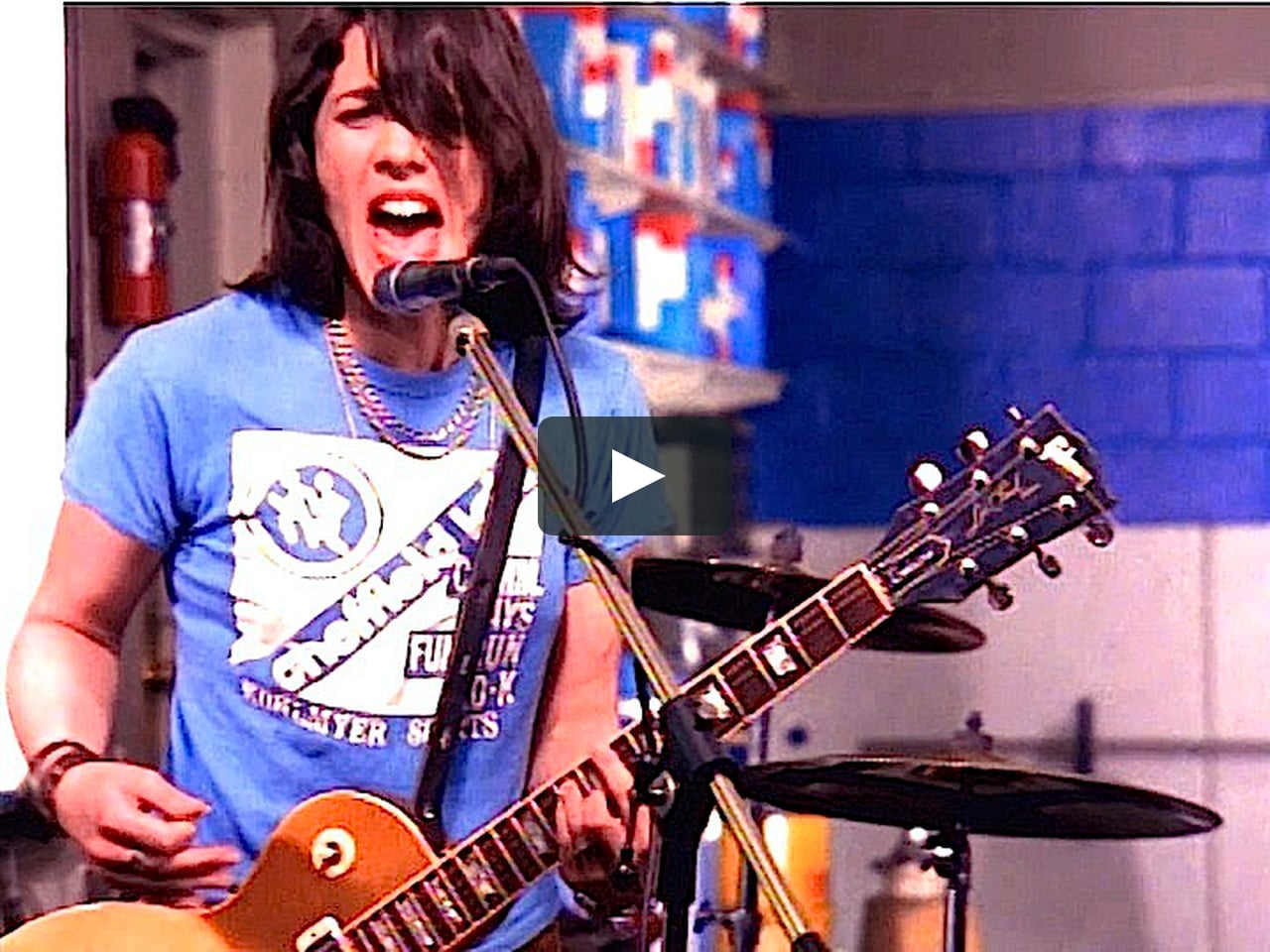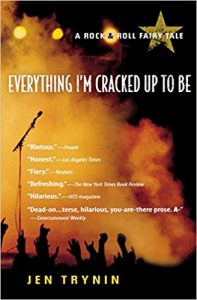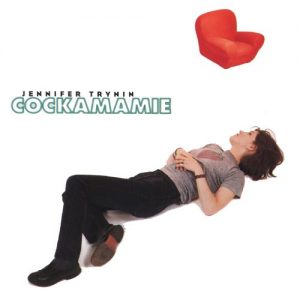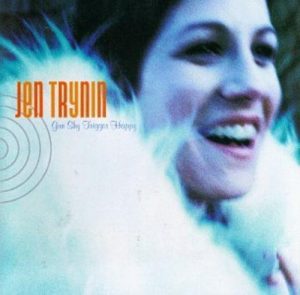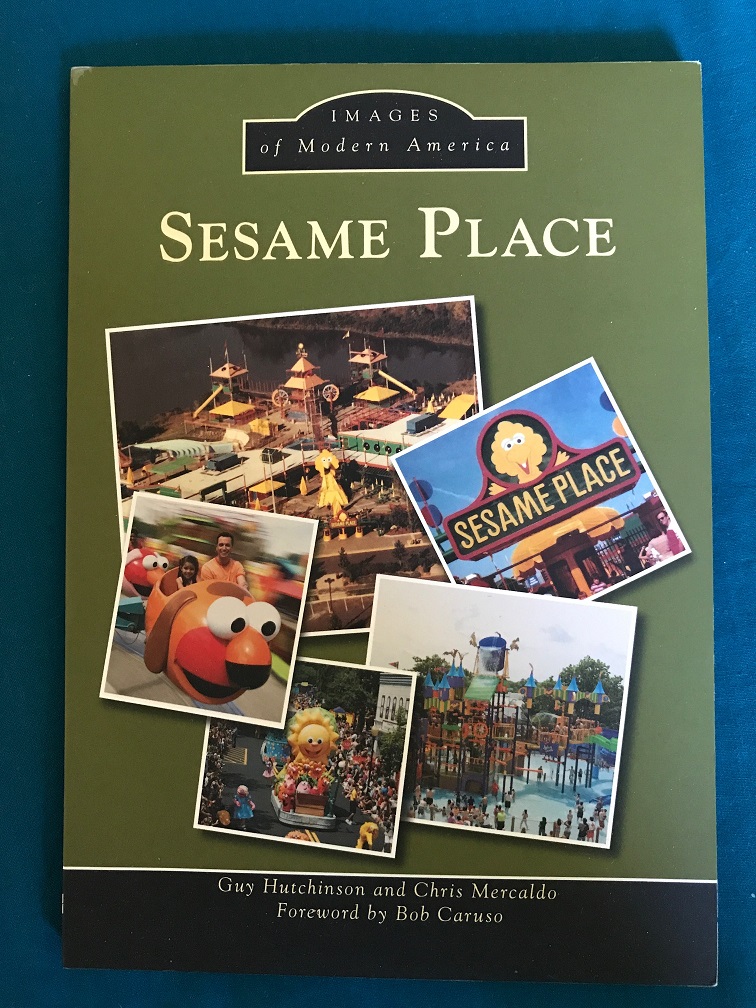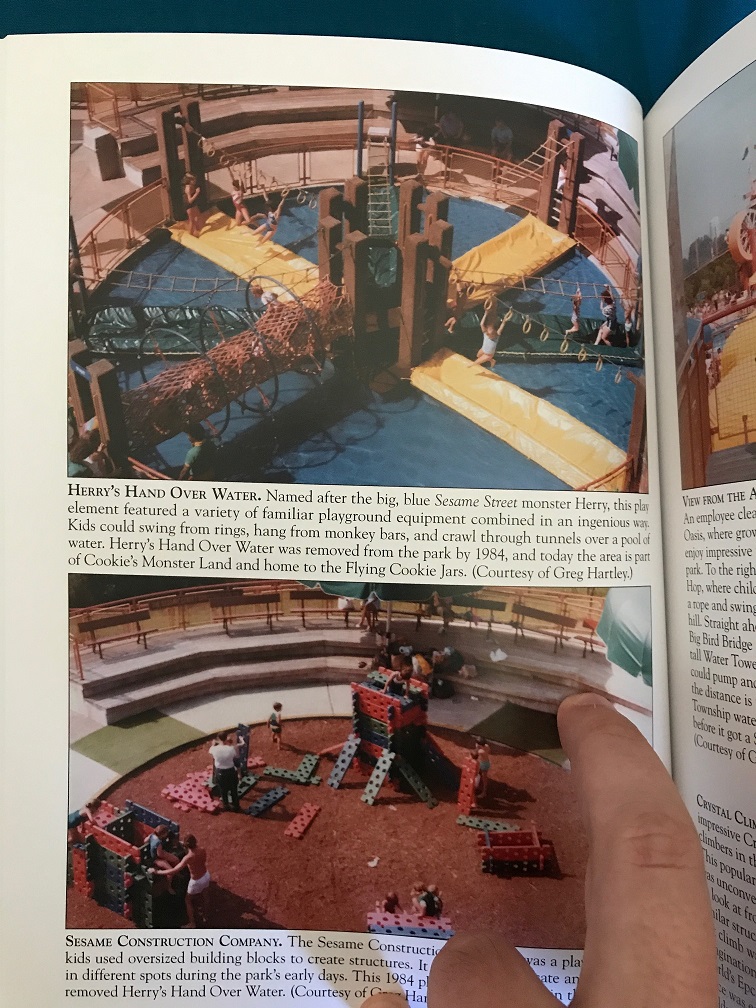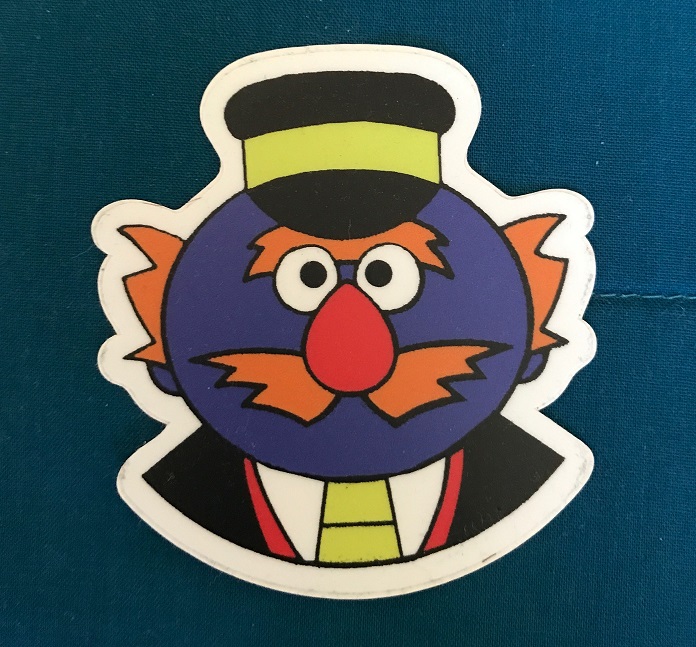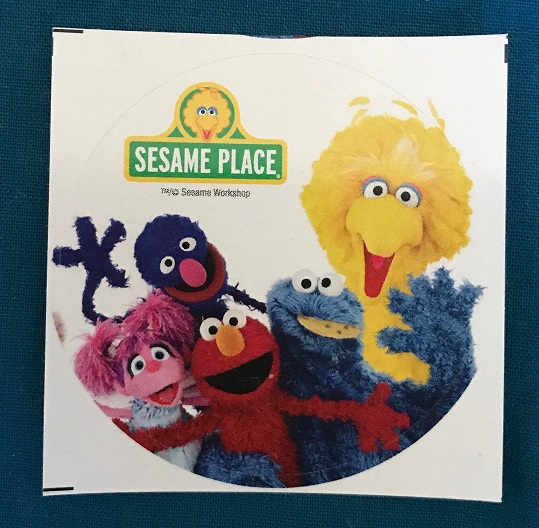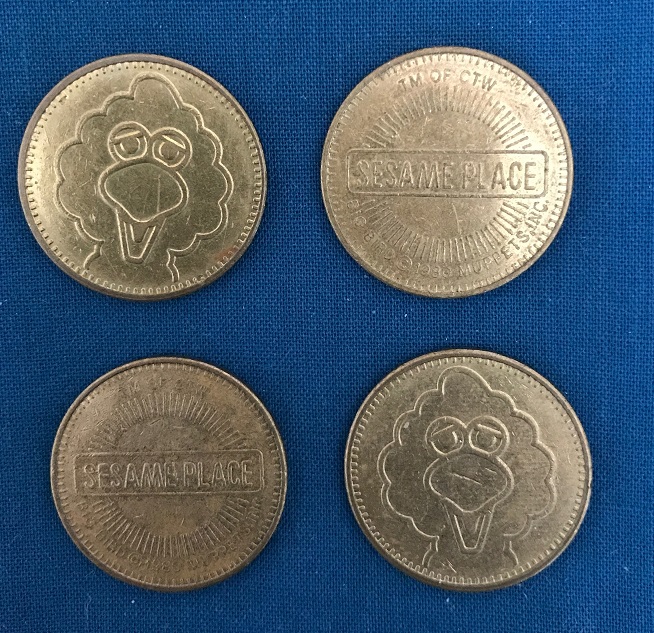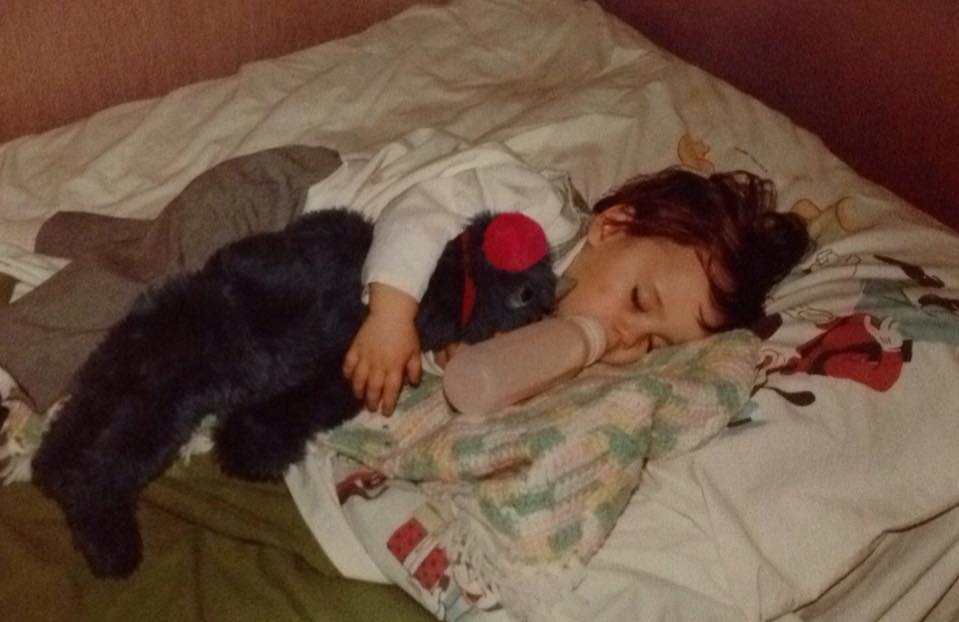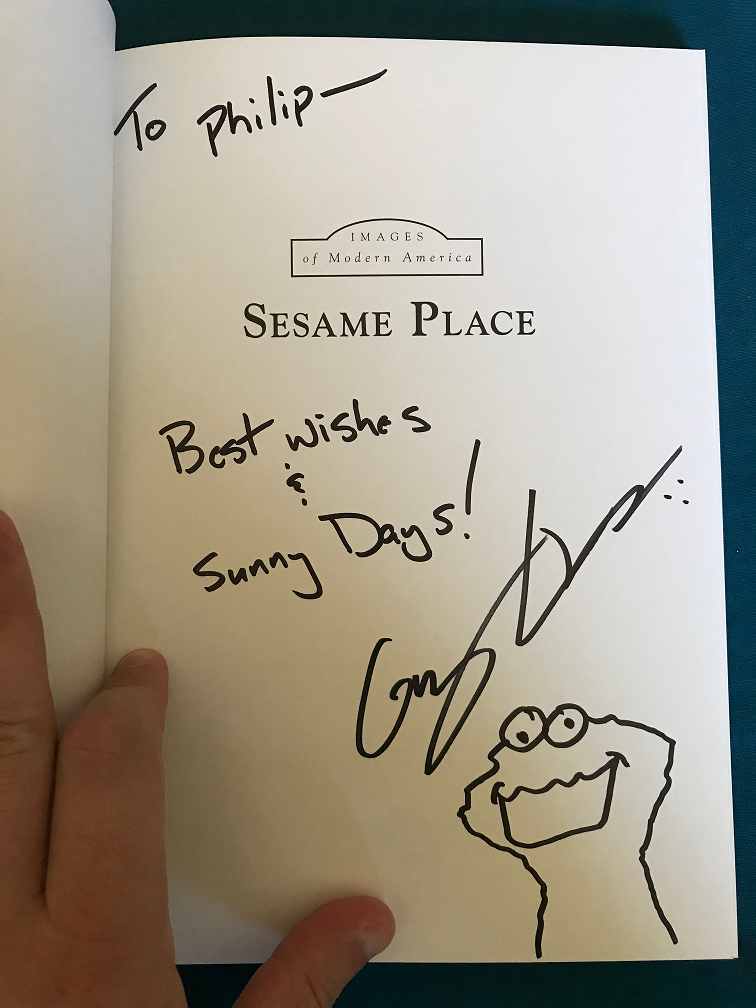![]() I promised a new year’s post looking back at 2017, and then never wrote it. What’s more, I didn’t even want to write it. Very little appealed to me less than looking back at the past year. I kept waiting to see if I’d be inspired to write it, and I never was. Which shouldn’t have surprised me at all; I’ve been lacking the inspiration to write about things I would like to cover. Forcing myself to write a new year’s post — even something as simple as “Let’s not do that shit again” — just wasn’t going to happen.
I promised a new year’s post looking back at 2017, and then never wrote it. What’s more, I didn’t even want to write it. Very little appealed to me less than looking back at the past year. I kept waiting to see if I’d be inspired to write it, and I never was. Which shouldn’t have surprised me at all; I’ve been lacking the inspiration to write about things I would like to cover. Forcing myself to write a new year’s post — even something as simple as “Let’s not do that shit again” — just wasn’t going to happen.
Besides, I knew I’d have to follow that up soon enough with the actual tradition that is my birthday post. I might as well put it off, and say anything I had to say later.
It’s later, now. Today is my birthday. I turn 37 as this very site enters its seventh year of existence.
And what is there to say? What do I want to say? What can I bring myself to say?
It was a hard year. I’d stop short of calling it terrible (in fact, it wasn’t terrible), but, much like the year before it, it certainly wasn’t easy.
Life has been trying, lately. Change is always hard, but I think it’s fair to say it’s far harder when that change isn’t your choice. I had two friends pass away. I had my car legally totaled by a freak hailstorm, and then had my replacement car targeted repeatedly by vandals. I was forced to move out of a place I loved and into a place I didn’t. I was accosted in a parking lot one night and then had to recount it again and again to authority figures who haven’t been able to find the guy. I ended up hurting the one person I’m willing to believe has ever truly loved me.
And…well, something else. Something I’d prefer not to go into now, even as I’m opening myself up. Suffice it to say, I went through something this past year that left me more or less convinced I would not be around much longer. Very likely not long enough to even write this post. Something I’ve told almost nobody, and certainly nobody who will ever read this site. I struggled alone, through something I really believed was going to kill me. I guess I got lucky. That much depends on how you look at it, but, either way, I’m here.
Oh, and evidently the world is in a political deathspin. That’s nice, too.
It’s difficult when so much of your headspace is dedicated to simply coping to find the inspiration — or, perhaps, the energy — to be productive. Through all of this, of course, I work a full-time job and freelance whenever possible.
I start thinking about things I’d like to do as chunks of time I won’t get back, and then I don’t do them. Sure, I could read for an hour, but then that’s an hour less of sleep, or one less freelance job I can take. I’d love to see that new movie, but after travel and conversation with whomever I go with, that’s three or four hours I can’t use to catch up on everything else that’s been slipping. I can write an article for this site, or I can actually watch / play / listen to / read whatever the heck I might want to write about.
And so, to be blunt, I’m aware I haven’t had the most productive year here. I won’t do the math, because there’s no way it would lead to any number I’d like to focus on, but I’m willing to believe I’ve had the least productive year here.
It’s not all about volume. I know that. We all have our ups and downs, but I wouldn’t say that the quality of my work — here or elsewhere — is any lower on the whole than it’s ever been.
I’m a really glass-half-full kinda guy, huh?
Alright, fine. I will say, in all honesty, that I’ve published some of my favorite things in the past year. Flipping through the archives I see posts that felt important to share. Posts that opened doors for me creatively and professionally. Posts that led me to people and artists I would not have encountered otherwise.
But I wish there was more of it. I have a number of things I wish I could have written. I have a number of series I wish I could have kept up. I have a number of things I’ve been asked to cover that I simply haven’t been able to, because I’ve been drained and dragging and empty.
That was 2017. A year I simultaneously wish I could do over and am glad I’ll never see again.
Now it’s 2018, and having a birthday just about a month into the year is actually very efficient for someone like me: I get to blast through all of my introspection in one good stretch. I’m glad, because I don’t think I’d survive doing it twice annually.
Shortly before the new year, a Facebook friend shared an image of a chart like the one you see above. The idea was that you’d fill in one square each day, color coded by mood, and when you were finished you’d have a bit of pixel art representing your year. I thought “pixel art” was a bit of a stretch — as you’re guaranteed to end up with a vague speckled mess as opposed to, say, an 8-bit apple — but I also thought it might be a nice idea. I mocked up my own version in Excel — along with mood options I felt were more suited to me specifically — and, so far, I’ve been keeping up with it.
And you’ll see it’s…really not that bad. So far, 2018 has been pretty great. It hasn’t been perfect, and I’ve had a couple of lousy days, but…things are okay.
I’m happier. My background tragedies have either been resolved or naturally receded. I’ve met a great new person. I have a wealth of new opportunities. I wake up in the morning to go to a job I love and, relatively speaking, I have energy on the weekends to do the things I enjoy.
“The year” is obviously just a construct. It’s helpful to file away history by the page, and this is how we’ve chosen to measure it. Beyond that it has very little significance. I know that. And yet, this time around, it really does feel as though a dividing line has been carved. I approached the end of one year an anxious tangle of despair, and started the next one feeling…normal.
Feeling almost human. Feeling like just a person who gets to live. One who, of course, has to deal with whatever hardships life chooses to lob his way but one who doesn’t find them unduly compounded to the point that they’re impossible to overcome.
But there’s a caveat.
Obviously a chart like that can’t show the complete story. Nearly every day I experience the entire colorful range of those emotions. Maybe I’ll get lucky and not feel too anxious. More likely, I won’t feel happy. But those things change by the hour, at least, and mapping emotions at that level would be unsustainable. So at the end of each day, I have to sort of average it out. And averaging a day out to “satisfied,” even if it’s accurate in a general sense, by no means tells or suggests the actual emotional cocktail that is any given day.
Even moreso, though, the chart doesn’t and can’t take into account the background hum of depression, anxiety, and hopelessness that I experience constantly. A friend who saw my chart a few weeks ago congratulated me on having a great start to my new year. And, again, I have. But as we continued the conversation and I mentioned that in spite of those very good days I still feel like I have no hope for the future and very little desire to keep going, he said, “That doesn’t sound like a great start to me.”
And, well, it’s not. I’m never one to mince words anyway, so let me be clear: it sucks.
I don’t like the feelings I’ve been cursed with. I don’t like that that’s where my brain lives, only popping out temporarily for a peek at the sun before sinking into the mire again. I don’t like that that’s who I am. After a social event this year, another friend of mine asked me if I enjoyed myself. She was taken aback when I replied, “I have a complicated relationship with enjoying myself.”
I didn’t say it to be wry or even to dodge the question. That was my answer. It was honest. And it’s only when somebody else hears it and is baffled by it that you realize that’s not how it’s supposed to be.
A good day or a good social event isn’t about enjoying myself. It’s about distracting myself — maybe — from the desolate hum that is always, hour by hour, pulsing through my brain. It’s about not actively hating who I am or what I’m doing. It’s about not being so anxious or socially terrified that I shut down completely.
You need to grade these things on a curve. For me, that’s a good day.
And then I get anxious about actually enjoying myself. On those rare occasions that I do fine, tell jokes, make some new friends, or whatever else, I end up giving people the wrong impression. I’m open about my mental health issues here, on this blog, because it’s far easier to consider them and write about them and post them for people I’ve never met than it is to put myself on the spot in front of somebody I see regularly. But when I do open up to people, I often get responses such as, “That’s not true. I’ve seen you in social situations. You can do it.”
In a sense, they’re right. In a sense, they’re wrong. Sure, I can do it. And also, I can’t. It depends on what my brain lets me do. If I’m able to push through, I will. Why not? Who on Earth would rather have a bad time with others? Certainly not me. When I do struggle, fail, shut down, it’s not for lack of trying. It’s because I can’t — genuinely cannot — push through the barrier. My own mind will not let me enjoy myself.
I want to enjoy myself. Why wouldn’t I?
I want to have truly great days. Why wouldn’t I?
I want to be funny and charming and sweet to everybody, all the time. Why wouldn’t I?
Instead, those things happen with extraordinary rarity. Life is already hard. People are already assholes. Getting ahead is already difficult. On top of all of that, I have my own mind holding me back. I wrestle with it 24 hours a day, every day that I’m alive. A good day might mean that I won 51% of the matches. Honestly, a good day might just mean that I won 20% of them.
When I can’t push through, I can’t push through. There’s no decision I can make or amount of energy I can invest to change that. It’s a problem. And while medication and counseling have helped me a great deal in reducing the volume of the hum, it’s always there. Every moment of every day. And it always will be.
One of the most flattering things that happened this year is that I was contacted by the marketing arm of a counseling service I’ve actually used, and which I was certainly happy with. (Here, in this context, I’d prefer not to mention them by name.) They have a resource section managed by their therapists and wanted to know if they had permission to use excerpts from my blog, to help others who are dealing with the same kinds of issues.
They had no idea I was a former patient. When I told them, they were surprised. But they singled out a few posts I had written as being potentially helpful to others and…well…that’s pretty much the whole reason I open up in the first place.
It helps to talk about it, sure…but only so much. Every so often I might type out an experience and give myself a new perspective on it by doing so, but, more likely, it’s just me, firing sentences off into the aether. If I can help anybody out there — anybody at all — by sharing the way I feel…if I can make them feel less alone…hell, if I can make them feel better just because they don’t have to deal with the kind of crap I do, or don’t have to deal with it as severely or as deeply…well, then, it’s worth it.
We all suffer what we suffer. We don’t get to choose our afflictions or our hangups or our neuroses. We all have issues, and, if I had to guess, I’d say a very small percentage of people indeed would have chosen their particular issues.
But that kind of universal dissatisfaction is exactly what gives us such great escapes as books and movies and music and video games in the first place. It’s why I immerse myself in those things. It’s why I (at times…) write about them. It’s why I discuss them. It’s why I connect with people who like the same kinds of escapes that I do.
I’ve known many people who find their escapes (whether or not they’d call them that) with travel. Or with partying. Or by shopping. And that’s all fine. Those are good things, as long as you don’t overdo them, or do them foolishly without regard for consequence. But those are never things that have really helped me. I’ve never gotten home from a party — no matter how fun — and said, “I really needed that.”
Conversely, I’ve said that or something very similar after a huge number of books.
Art is important. It’s art that has allowed me to understand who I am. It’s art that has allowed me to see myself through another lens, and gain valuable perspective about what’s important. It’s art that provides a consistent source of comfort, which is essential when your own mind provides you with a consistent source of discomfort. Art allows me a crucial and necessary balance.
I feel privileged and grateful that I have that. I feel even more privileged and grateful that I’ve been able to be part of meaningful projects that have helped people, provided them with entertainment, or at least just gave them something fun to enjoy during some downtime.
I’m lucky. I know that. I’m a writer who gets to make a living doing what he loves. I have friends who care about me. I’ve built the family I never had before. As trying as the past year has been, every day this year seems to remind me at least once that it’s worth sticking around.
Thirty-seven years of struggle takes its toll, though. And I’ll always have that nagging feeling of helplessness because each year makes it more clear that I’m going to have these same struggles forever. They won’t go away. They can’t. That isn’t an option.
The only option is to keep on going. To hope you don’t cause too much damage along the way. To hope you’ll have enough green stretches to catch your breath. To find people who understand — actually do understand — who will help you feel less alone.
I guess that’s what it’s like to live with that hum. You’re cursed always to feel alone, even when you know beyond the shadow of a doubt that you’re not.
And you’re not. Whoever you are, whatever you’re up against: you’re not.
It’s worth sticking around.
Even if it never quite actually feels that way.
Happy new year.

